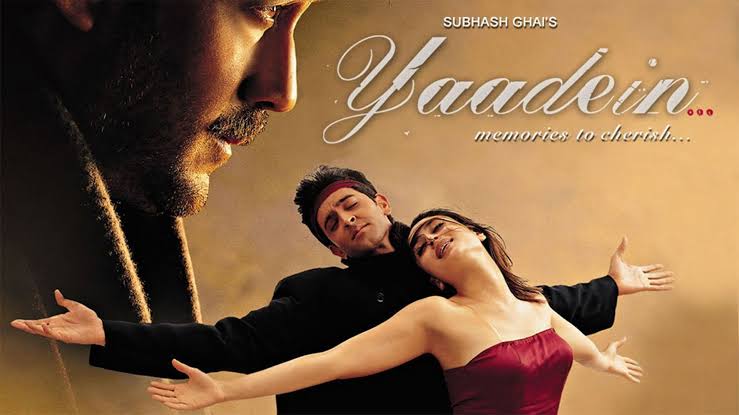

This book is a celebration of Anand Bakshi’s talent and a tribute to his indomitable spirit.

Revisiting the past must have been melancholic for the author but the book succeeds in connecting with the current generation that might be losing the link to our rich tradition of lyrical writing. It has been two decades since Anand Bakshi departed but not a day passes without many of his memorable songs being played on the radio. This is why Kuchh to log kahenge (Amar Prem) resonates at such a deep level. “Good songs exist in good stories,” Anand Bakshi said, “It is a matter of getting them out from the situations.” Despite his limited vocabulary, the lyricist in him could make simple words sound profound. It also reveals that a film song is a cunning device that injects an artistic mode of expression into the story, communicating through lyrics what cannot be said through words. This is an accomplished biography, grounded in the reality that film songs deliver an emotional and textural surplus that stays much longer than its cinematic experience. A section featuring Anand Bakshi’s 40 favourite songs is a veritable treat, providing rare insights on how those verses came into being.

The book provides an intimate peek into the life of a man whose humble beginnings did not deter him from pursuing his passion to convey his lived experiences through simple verses. In Nagme, Kisse, Baatein, Yaadein – The life and lyrics of Anand Bakshi, Rakesh Bakshi banks on his father’s diary entries, anecdotal reflections from his illustrious colleagues, and fragments of memory to recreate the persona of the inimitable lyricist whose words and metaphors continue to remain a vital part of the lives of millions of listeners. This is possibly why playback songs transcend demographic limits, linguistic barriers, and class boundaries. Unlike a poet, a lyricist has to limit his thoughts and expressions to the film script and contribute towards creating a musical interlude that takes the narrative forward while also remaining a standalone piece for the listener. Though he didn’t complete his schooling, he imprinted life’s lessons on some 3,500 songs in a career that spanned nearly five decades. With his understanding for rhythm and flair for music, Anand Bakshi could unlock the power of words into memorable lyrics for different cinematic situations. Carefully chosen words and their arrangement deliver specific meanings, feelings, and emotions that slip from on-screen renditions into countless members of the living audience who hold them as ageless soundtracks in their minds. 198pp, ₹599 PenguinĪ key aspect of enjoying songs comes from the words. True to his conviction, Bakshi wanted the heart-wrenching melody, Aaj dil pe koi jor chalta nahi dropped from Milan as he could not believe the characters could sing those literary verses. If, instead, he found himself visible in the song, he considered that particular film lyric a failure. He made sure his lyrics belonged to the characters who lip-synced the songs on screen.

The soundtrack album is released under T-Series label.īan jaayenge phool hum jo bak rahe hain.What made Anand Bakshi an exceptional lyricist of the Hindi film industry was his abiding devotion to his craft. Music composition by Rashid Khan & Papon with lyrics inscribed by Rashid Khan, Protiqe Majumder, Ajay Garg & Haider Najmi. This song is sung by Papon, & Kalpana Patowary.


 0 kommentar(er)
0 kommentar(er)
